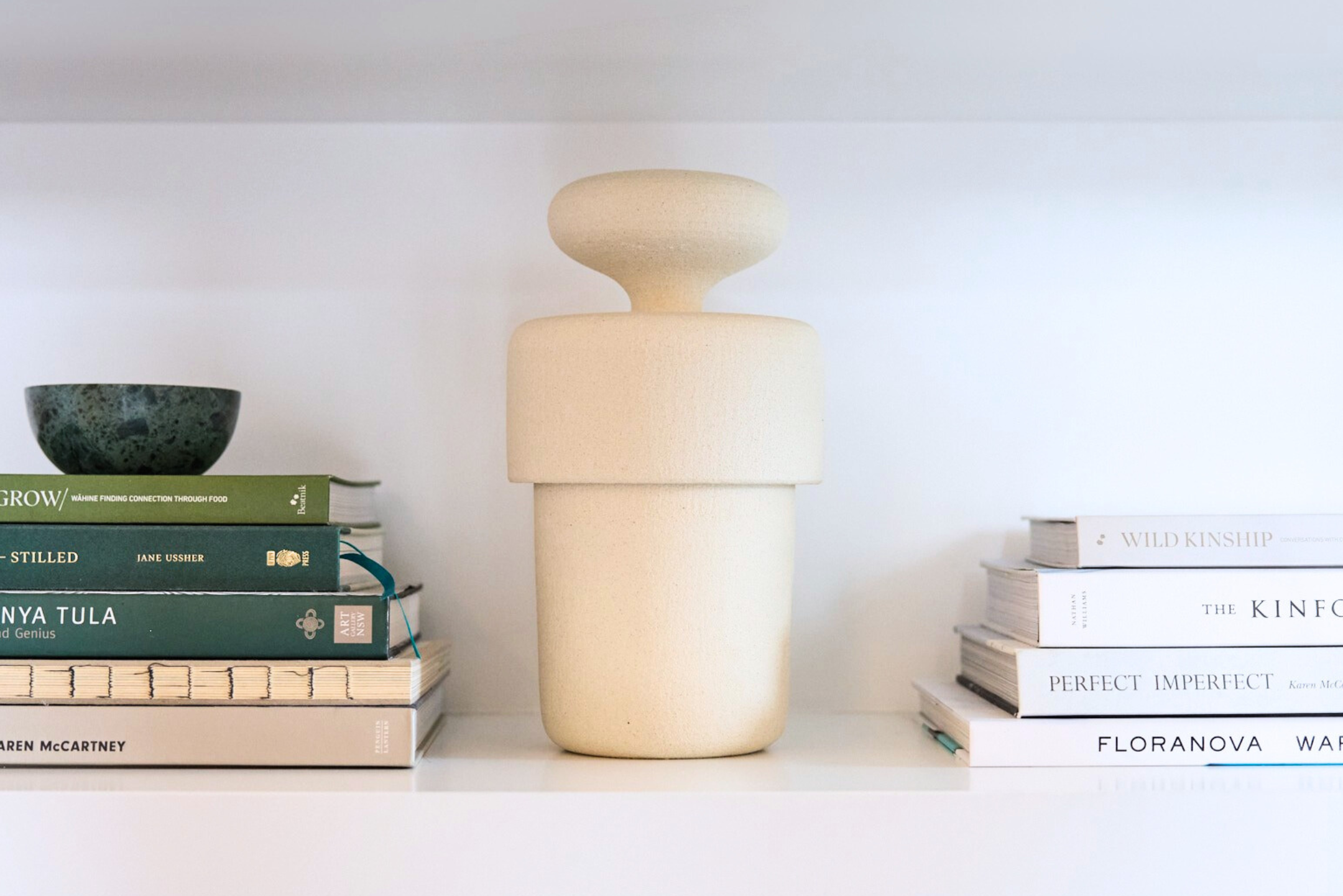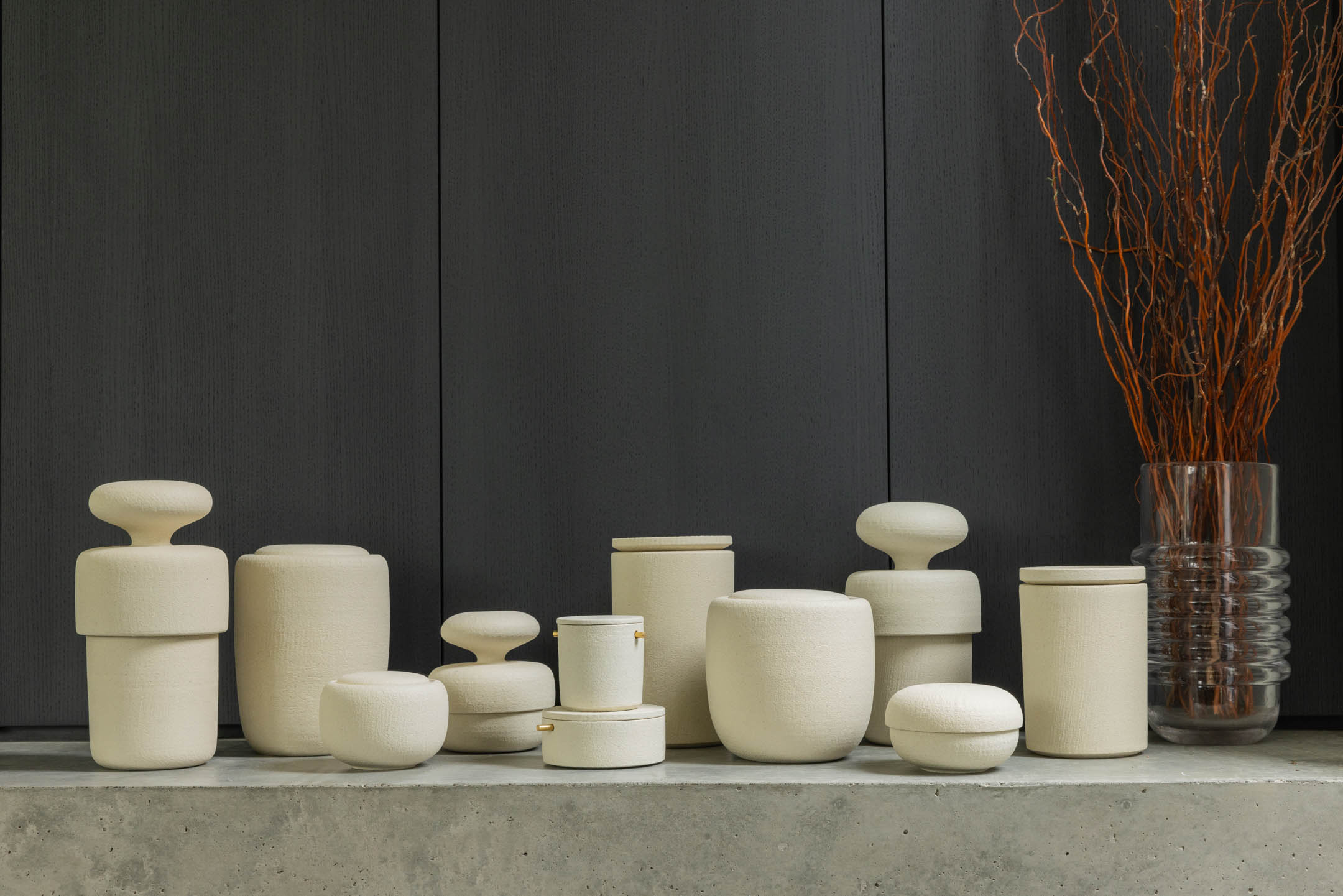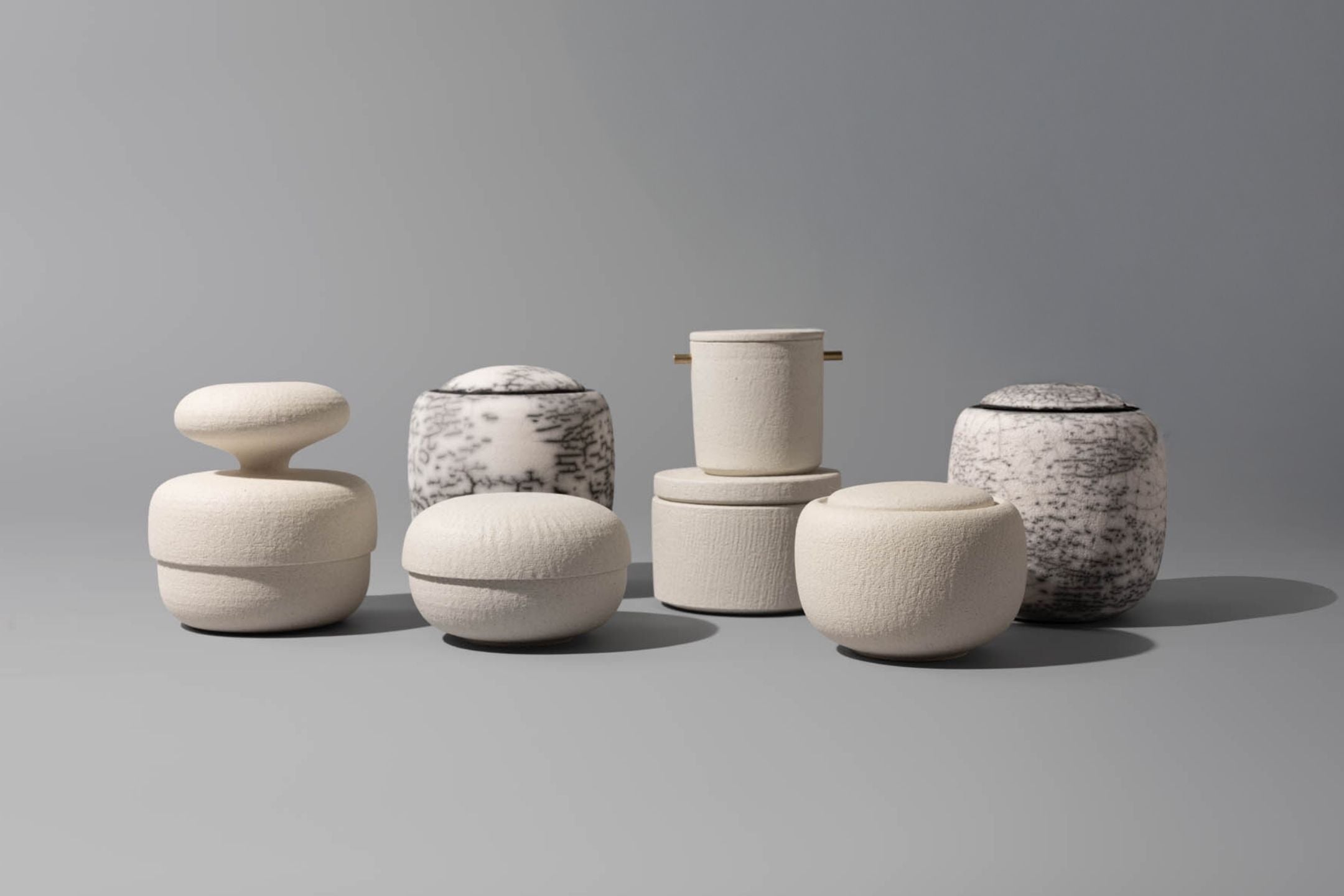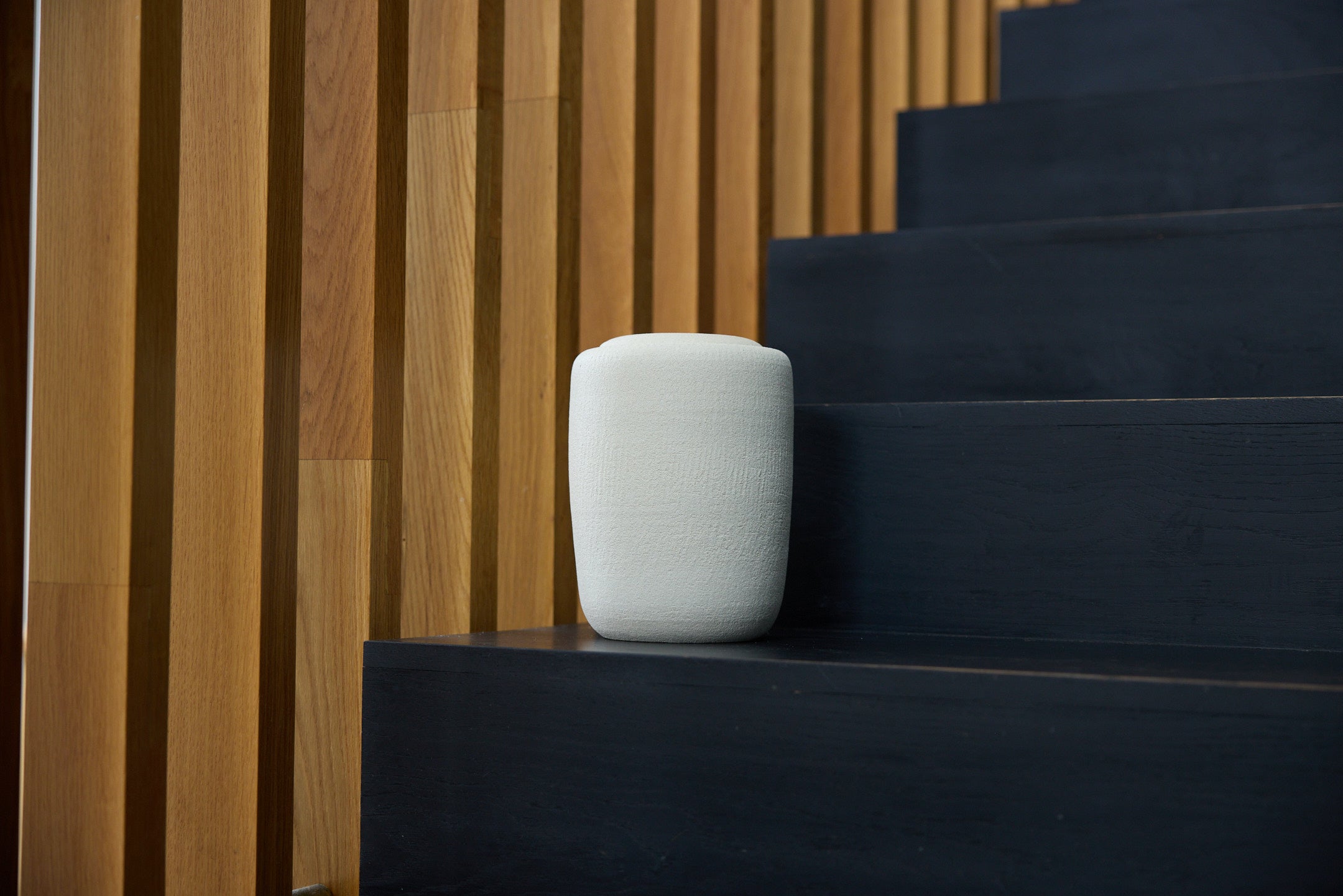Helping make sense of grief and loss when you’ve never had to face it before.

When faced with something I don’t understand, I naturally go looking for answers. I want to know everything - why it happened, what’s the science behind it, how it will affect me, my loved ones and/or the world, how other people felt and dealt with it, and what I can do to fix it. I realise now that it’s mostly a quest for solutions because I want to solve the problem, and more than anything, I really like a plan.
I’m at my worst when I don’t have a plan.
Death is one of those things I didn’t really understand or have a plan for. I knew it happened and that it was inevitable. But my experiences of it had felt somewhat remote, even when it happened to people I loved and cared about like my wonderful grandparents and my aunt. I think because they’d all died when I was young, somewhat self absorbed and seemingly invincible, the concept of death wasn’t frightening and I couldn’t imagine it ever coming for me.
My mother’s death was different. We’d lived with her illness for many years and in many ways, the mother I knew and adored had already gone. But the void she left was unfillable and her death made that void permanent in a way I hadn’t let myself believe before. Throughout her illness I read many books and articles on dementia - to both understand what was happening for mum and to prepare for her inevitable decline, but also to understand what I could do now to avoid dementia being my future.
What I didn’t do, was read widely about death. However, two books have stuck with me - Atul Gawande’s “Being Mortal”, which I read when mum first went into care; and more recently, Geraldine Brooks’ heart wrenching memoir of her journey of grief after the sudden death of her beloved husband, Tony Horowitz, in “Memorial Days”.
Gawande is an American surgeon and health expert, so his personal story of the difficult journey through the medical system to support his dying father is both surprising and poignant. Being Mortal explores the failings of the system and its insistence on prolonging life at any cost over quality of life for the dying. Gawande gently encourages us to embrace dignity, purpose, and well-being in the face of mortality and to put the needs of the dying front and centre. It struck such a chord with me as we made the heart breaking and guilt-ridden decision to move mum into a secure dementia home - something she couldn’t decide for herself and something we’d never really talked about with her when she was still capable of making decisions. Luckily for all of us, the incredible care, attention and affection she received from the carers in her home meant her last few years were often full of joy, dancing and hugs.
Brooks’ touching memoir of sudden loss and the arduous journey through grief is raw, honest and ultimately, pragmatic. She shares her experience following the unforeseen death of her husband in two simultaneous parts - the first how she coped with unexpected and often inhumane medical formalities, legal and logistical burdens, and the pressure to "snap back" to normality; and the second recounting her solitary retreat to remote Flinders Island three years later to mourn deeply and reflect on a life never to be realised and what the future might hold for her without her beloved Tony. It brought to life a different reality from my own - one where sudden traumatic loss brings an overwhelming grief that’s hard to imagine or escape from.
Vaso is here for both eventualities - the inevitable and considered; as well as the abrupt and inconceivable. Our urns are time honoured treasures designed to bring comfort and solace in times of loss and to help people remember their loved ones every day through beauty and sculpture.
Browse our collection of beautiful cremation urns
And here are some links to other podcasts, articles and websites that I found both helpful and heartening when dealing with my mother’s death - both during her illness and in mourning.
Bridgit
Vaso Founder
Podcasts
On with Kara Swisher “Geraldine Brooks on the art of grieving and spanning the political divide”
https://open.spotify.com/episode/32JTdD2EOqFkjQbX4YiVI0?si=UeEGuR8FRC2UJ2Q06nXqqA
A Bit of Optimism “A Sweet Conversation about Death and Dying with Simon Sinek and Alua Arthur”
https://open.spotify.com/episode/3YTbbwx0835whCh6p6FO0o?si=tQhE9vU_TDmpw-xnmixxUw
The Little Things “Why we need to change the way we think about grief with Dr Denise Quinlan”
https://open.spotify.com/episode/05rD1JV8qgEOrhy6utvwVf?si=GFML5VNKRe2b0-uHY2sziA
We need to talk with Toni Street “Dr Lucy Hone: Managing Grief and building resilience” https://open.spotify.com/episode/1GevSjRXibYLartF4rvx4k?si=KpUY2RYsQjmRqmq7ZWodMA
22 Grief podcasts to help with loss from Your Funeral Choice
https://www.yourfuneralchoice.com/grief-and-bereavement/22-grief-podcasts-help-your-loss/
Articles
Grief is horrible – but it’s supposed to be. We have to feel a loss before we can grow through it, The Guardian, May 2024
How your brain copes with grief and why it takes time to heal, NPR, December 2021
Help me Hera - how do I deal with the admin of death, The Spinoff, August 2023
After my brother died, one of the most simple ‘death admin’ tasks was the hardest, SMH, March 2024
My mothers’s violent death : grappling with grief and the unexpected path to healing, The Spinoff, May 2024
The Lonely grief of baby loss and infertility, The Spinoff, July 2024
Understanding Grief with the New York Times
Curated stories of grief and loss from Medium
Websites
Coping with Loss https://www.copingwithloss.co/
Going with Grace https://goingwithgrace.com/
Modern Loss https://modernloss.com/
Sparrow Funerals NYC https://sparrowny.com/
Exit Here UK https://www.exithere.com/




